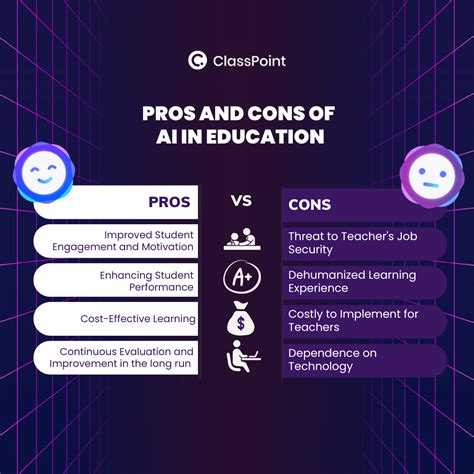The recent partnership between Microsoft and Khan Academy to make Khanmigo—a sophisticated AI-based teaching assistant—free for K-12 educators in the US has garnered significant attention. For some, this initiative signals a transformative leap in the educational landscape, providing much-needed resources for strained public schools. Yet, for others, it prompts a series of questions about data privacy, the effectiveness of AI in education, and the evolving role of human teachers.
Critics have raised concerns that free access may come at the cost of user data. The skepticism is especially pronounced among those wary of how tech companies use data for training machine learning models. However, it’s worth noting that both Microsoft and Khan Academy have clarified that only non-user-specific data, such as math problems and step-by-step solutions, will be utilized for training purposes. This distinction is critical to understanding the ethics and implications of data usage in educational technologies.
Additionally, some argue that current AI solutions, no matter how advanced, cannot replicate the nuanced roles teachers play in students’ lives. As one commenter mentioned, teachers are not merely conveyors of information but mentors who nurture curiosity, manage classrooms, and serve as emotional support for students. They equip students with life skills and provide personalized guidance, roles that an AI, at its current level, cannot fulfill.
On the flip side, the potential benefits of Khanmigo are significant. For many under-resourced schools, the introduction of an AI tutor could help address gaps in educational quality and access. One commenter emphasized that such tools could level the playing field, giving disadvantaged students access to tutoring that wealthy families might otherwise pay for. This democratization of resources aligns with the broader mission of both Khan Academy and Microsoft.
However, the debate extends beyond the capabilities and ethical considerations of AI. The economic implications of AI teaching tools in public education systems cannot be ignored. Critics have pointed out that any notable success of Khanmigo could result in budget cuts, starting with aides and specialists. With declining enrollment in some areas, the introduction of sophisticated AI tools could provide a basis for reducing human staff, thereby affecting employment and the quality of holistic education that includes interpersonal interaction.
Another perspective worth considering is the potential for AI to complement rather than replace human teachers. Teachers have a monumental task ahead of them—ensuring the academic success of their students while also maintaining order and providing emotional support. Khanmigo could help by taking on repetitive administrative tasks or offering supplementary explanations and tutoring, thus freeing teachers to focus more on student engagement and personalized support.
Conversely, this raises the question of accessibility and the digital divide. Currently, Khanmigo is reportedly restricted to the United States, even the paid versions. Commenters suggest that regulation issues like GDPR and cost constraints are partly responsible. For global deployment, these hurdles need addressing, and only then can the true potential of AI tools be realized on an international scale.
As we consider the trajectory of educational reform, it’s essential to recognize both the promises and limitations of AI-based solutions. While they provide unprecedented opportunities to supplement human teaching, they are not a panacea. The human element in education remains irreplaceable, providing nuance, empathy, and mentorship that go beyond academic training. Therefore, while embracing these technological advancements, it is paramount to maintain a balance, ensuring that AI serves as a tool to empower teachers rather than replace them. The future of education will likely be a hybrid model, leveraging both the irreplaceable value of human interaction and the efficiencies offered by advanced technologies like Khanmigo.


Leave a Reply